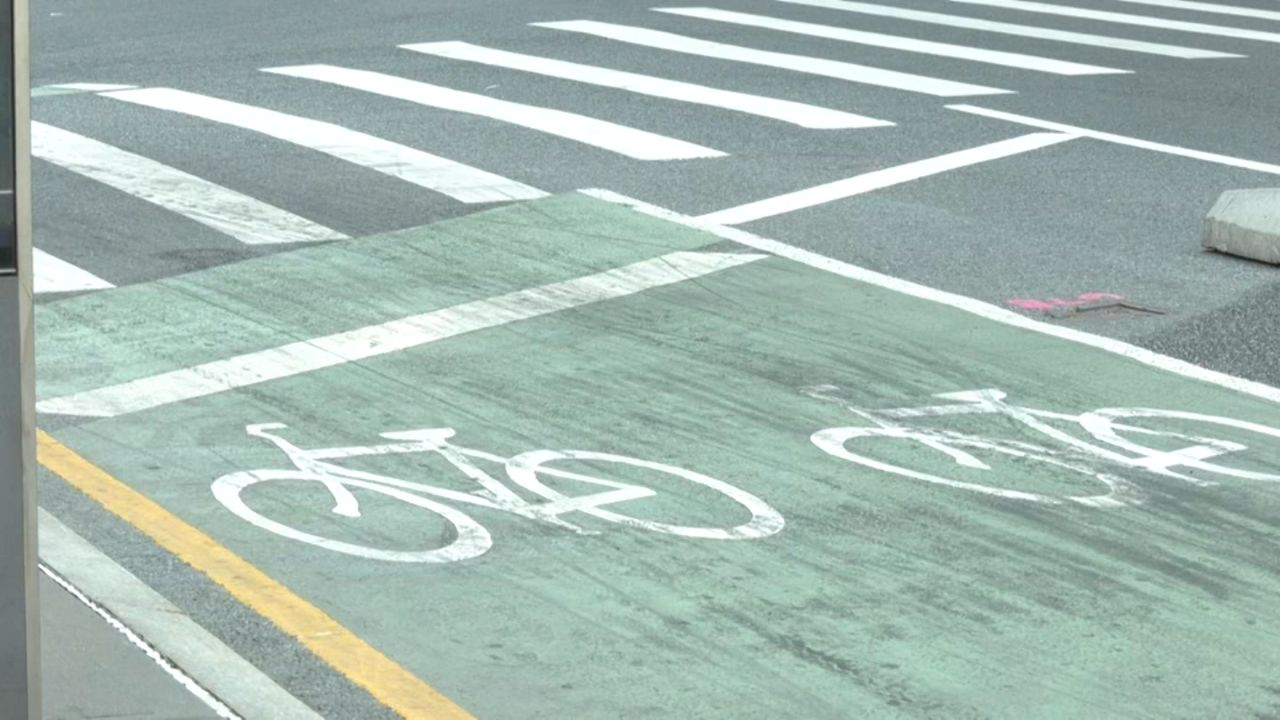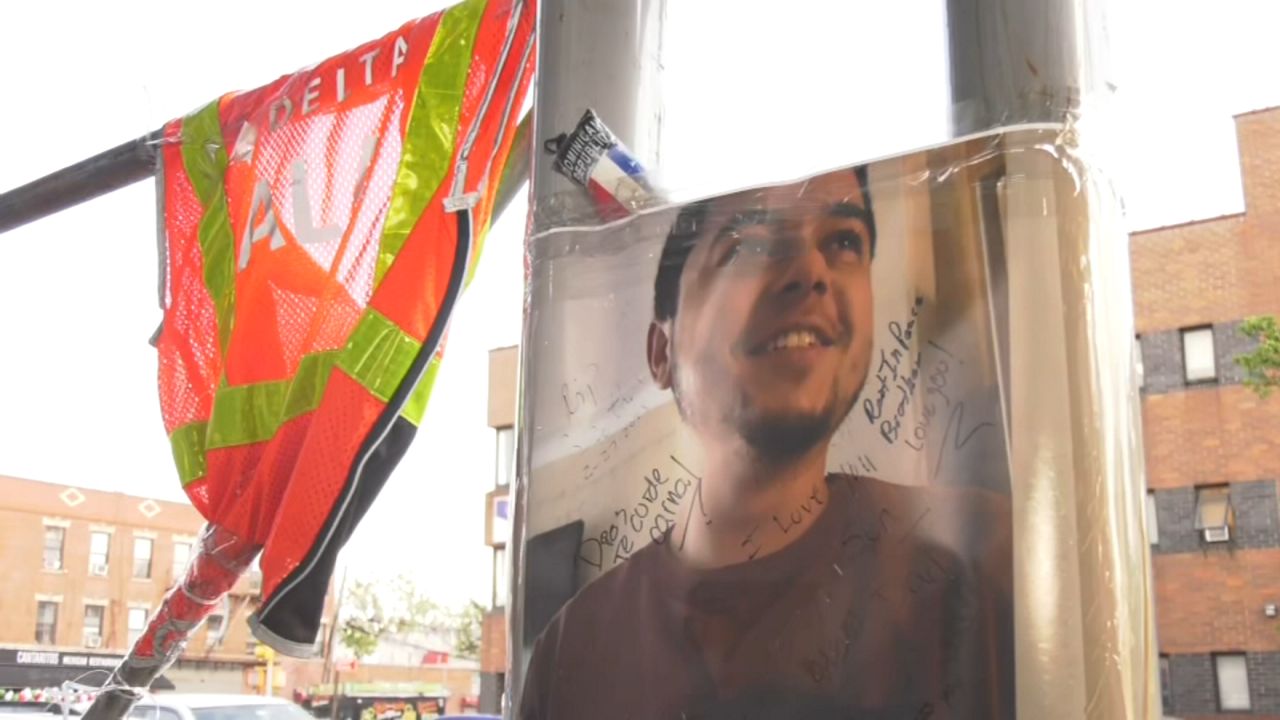The city will debut an "electro-magnetic detective system" in select subway stations over the next few months, Mayor Eric Adams announced Friday.
The new weapons detection technology is part of a 30-day pilot program that Adams announced in March aimed at improving transit safety.
The system, which the mayor said will cost the city "nothing," uses artificial intelligence to detect weapons on a person before they pay and enter the subway station, officials said.
The technology has the ability to "detect if someone is carrying a gun and where that gun is located on that person's body," Adams said at a news conference Friday.
The city is currently using similar technology in public spaces like the Metropolitan Museum of Art, One Vanderbilt, CitiField and 10 major league stadiums around the country.
"Our cities must be safe, and we realize the challenge that gun violence is playing on our country," Adams said. "And it falls on the laps of mayors."
"We don't make the federal laws that are allowing these guns to go onto our streets, but we have to police [and] make sure our police departments are responding to it accordingly," Adams added.
According to the mayor, transit crime earlier this month decreased 7.8% in the city compared to the same time last year, with robberies being at their "lowest level in recorded history."
The technology will coincide with bag checks done by police at subway stations, Adams said. Police officers will also be trained to make sure they "carry on every constitutional safeguard," he said.
"Just as with bag checks, we will not be announcing in advance where or when we are doing this," Adams added. "It can be every fifth, 10th or 20th person. It will vary from day to day."
Deputy Commissioner of Legal Matters Michael Gerber says the system will be based on "a counted set" that will vary at locations, and "if the person is on that count" the bag will be checked by police and the person will need to "walk-in through the scanner."
"In terms of the accuracy, we did lots of testing, testing on members of service - internal testing," Gerber said at the news briefing. "And we believe that the technology, as we're deploying it, it's going to be quite accurate. Can't say it's perfect, but we believe it's quite accurate."
Investors filed a lawsuit against Evolv, the company that makes the scanners, earlier this year, accusing them of hyping up its technology's effectiveness. The New York Civil Liberties Union and Legal Aid Society said Friday they are in the process of preparing their own litigation.
A person will be able to "refuse a bag check and refuse a scan," but Adams says if they refuse, that person will have to "get off our system because you have to follow the rules, and these are the rules."








_Pkg_Car_Stolen_with_Child_Inside_Clean_FOR_APPROVAL_134114017_565)